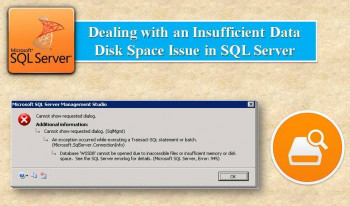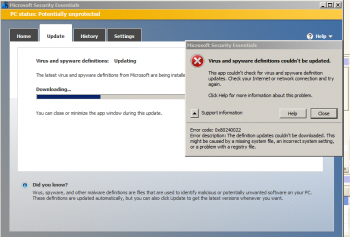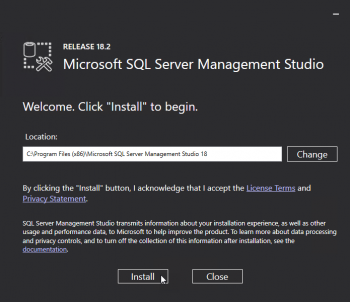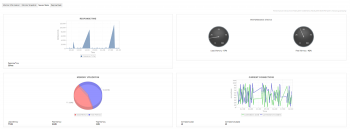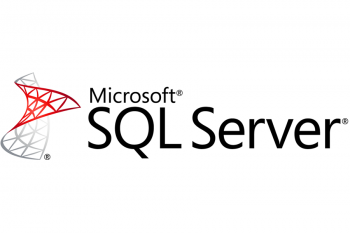Install Zoom on CentOS 8 - Step by Step Process ?
This article covers how you can install Zoom on CentOS machine using two different methods i.e via RPM and via snap. The Zoom Client can be installed on Windows, Mac, Linux, iOS, Android, and H.323/SIP room systems.
How to Install Zoom Client on CentOS 8 / Fedora 33/32/31/30 ?
An RPM package is provided on the Downloads page for installation on CentOS / RHEL and Fedora System.
1. Download the latest release of Zoom Client:
$ sudo yum -y install wget
$ wget https://zoom.us/client/latest/zoom_x86_64.rpm2. Then install Zoom Client on CentOS 8 Linux with yum command:
$ sudo yum localinstall zoom_x86_64.rpmHit the y key to start the installation.
The dependencies required and Zoom Client will be installed on CentOS 8.
3. You can check the version of Zoom Client installed on CentOS 8 / Fedora Desktop with the rpm command:
$ rpm -qi zoom
Install Strimio Radio on Linux Mint 20 - Step by Step Process ?
This article covers how to install the Strimio Radio on your Linux Mint 20 system. Strimio is a free streaming service that allows you to access and enjoy thousands of live streams from all around the world. It is a cloud-based app equipped with many useful features available on several platforms, including Linux, Windows, and macOS.
To install Strimio on Linux:
Run the following command in your terminal:
$ sudo snap install strimio-desktop
Top 5 Best Open-Source Screen Recorders for Linux
This article covers the screen recording tools that are the best performing and yield the most optimal outcomes for Linux users. Cross-platform compatible screen recorders are discussed as well such as OBS Studio and Freeseer whereas Kazam, recordMyDesktop, and Simple Screen Recorder are especially and specifically designed to enhance the user experience of Linux users. Still, each discussed screen recording tool is most acclaimed and best-reviewed by Linux users and hence ensures a seamless user experience.
Screen recording is a need for every paradigm, from businesses to school management to chefs cooking meals in the restaurants and kitchens, everyone requires or wants to create tutorials. To create these tutorials, screen recording tools often pose different challenges and issues.
All of these open-source software tools for Linux let you record video of what's happening on your screen, and some let you live-stream it to YouTube or Facebook Live as well.
Top 5 Best Data Migration Tools for Linux
This article covers the best cross-platform compatible data migration tools available in the market that not just ensure safe and secure data migration but also provide a seamless user experience. IRI NextForm tops our list due to its advanced functionalities along with a simple and easy user experience. DBConvert Studio is another great tool that offers cross-platform and cross-database compatibility and vast support for various formats and databases.
Next in our list are the data migration tools offered by the information technology industry giants, i.e., data migration tools by AWS, IBM, and Microsoft. All the tools offer seamless data migration capability with slight features and compatibilities modifications that can change according to user preference, and so whatever platform is adopted by the user, according to their requirements, will ensure a seamless and autonomous data migration process.
Data migration is a need of every business, enterprise, and company. Sooner or later, every organization needs to tend to their database management services which always, or in most cases, involve data migrations.
Top 5 Best Development Environments for Linux
This article covers the best Integrated Development Environments (IDEs) that despite providing a coding environment, also provide assistance and support along with speed and efficiency to enhance the software developers’ overall coding experience. PhpStorm, Eclipse, BlueFish, VSCode, and Sublime Text – all IDEs are part of our list of top-performing IDEs. Each IDE is cross-platform compatible thereby enabling software developers across all the platforms, i.e. Windows, macOS, and Linux, and making development easy, efficient and equal for all.
Basically, Developing software solutions is a need and demand of many users, companies, and enterprises across the globe. In this advanced world of information technology, it has almost become impossible to expect advancements and improvements or even sustenance without relying on a software solution.
Top 5 Best Time Tracking Software for Linux
This article covers the top and best functioning time tracking tools capable of tracking, managing, and providing insights such as reporting, on different tasks the users or employees have spent their time on. Project Hamster, actiTime, TimeCamp, Hubstaff, and Kimai, all are the most acclaimed time tracking software by many reviewers and Linux users across the globe. Each of the discussed tools offers seamless time tracking and reporting functionalities that enable companies or freelancers to manage their time, budgets, and accounting processes and operations.
Linux users are though less in number than the other platforms, still holds a significant market, and most of the servers, mainframe computers, and supercomputers are based on Linux.
